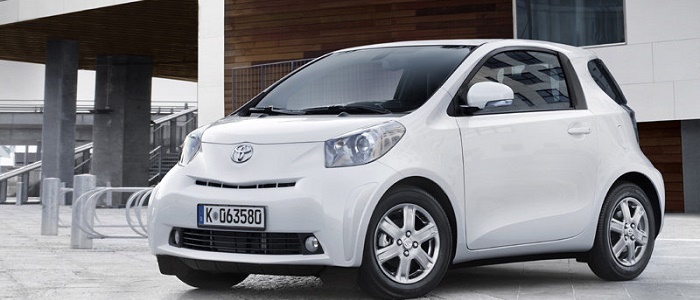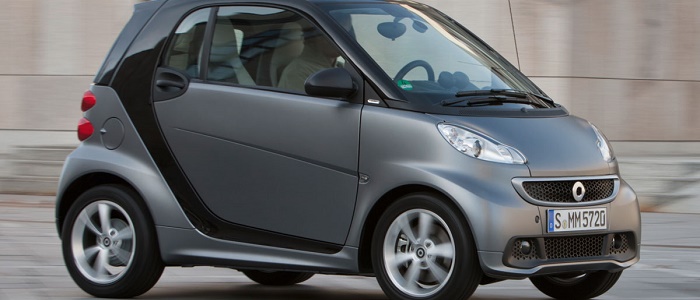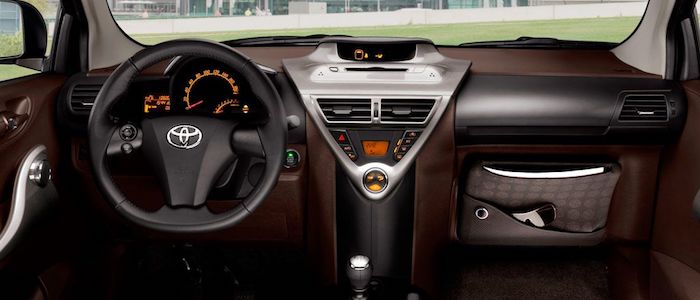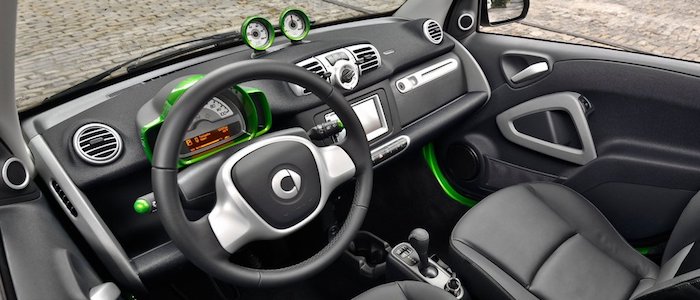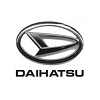Compare two cars
Compare any two cars and get our Virtual Adviser™ opinion
Dimensons & Outlines
Check vehicle history
Engine
Performance (manual gearbox)
Performance (automatic gearbox)
Expenses
Virtual Adviser's™ opinion
Two significantly similar cars, no doubt about that. Still, each one has something different to offer. Having both cars powered by petrol engines and utilizing the 3-door hatchback body style within the same 'Micro car' segment, the only major difference here really is their wheel drive configuration (front for the Toyota and rear in the case of the Smart). The first one has a Daihatsu-engineered powertrain under the hood, a 3-cylinder, 12-valves 68hp unit, while the other one gets its power and torque from a 3-cylinder, 12-valves 71hp engine designed by Mitsubishi.
SafetyThe first thing to look into here would be the results from European New Car Assessment Programme (Euro NCAP) tests performed on the two cars. Good thing is that both vehicles got tested, with the Toyota being a slightly better choice apparently. Still, apart from the official crash test results there are other things we need to be aware of. Both vehicles belong to the micro car segment, which is generally a misfortune safety-wise, but that fact doesn't break the tie between the two cars. Furthermore, when it comes to weight, a factor that most people underestimate, the Japanese car offers a marginal difference of 9% more metal.
ReliabilityI don't like generalizing things when it comes to reliability, although it does seem that both brands display similar results in faults and breakdowns, all the models observed together. That's the official data, while our visitors describe reliability of Toyota with an average rating of 4.6, and models under the Smart badge with 4.3 out of 5. Unfortunatelly, I don't have enough insight that would allow me to comment in more details on the specific models level. We should definitely mention that owners of cars with the same powertrain as the Japanese car rank it on average as 4.2, while the one under the competitor's bonnet gets 3.7 out of 5.
Performance & Fuel economySmart is undoubtly more agile, reaching 100km/h in 1 seconds less than its competitor. Still, it lacks the power to win the top speed competition, topping at 145 kilometers per hour, 5km/h less than the other car. When it comes to fuel economy things look pretty much the same for both cars, averaging around 4.3 liters of fuel per 100 kilometers (66 mpg), in combined cycle.
Verdict
Toyota appears just a bit more reliable, although the difference is truly marginal. The most important thing when deciding between any two vehicles should always be safety, both passive and active. In my opinion, everything taken into account, the Japanese car offers much better overall protection, which launches it ahead of the other contender. From there things take a different direction, with Smart offering somewhat better performance, just enough to call it quicker. To make things even better, it consumps less fuel! At the end, as much as I'd like to give you a winner here, it's simply a pure tie if you ask me. Anyway, that's the most objective conclusion I could've came up with and it's based solely on the information found on this website. Aspects such as design, practicality, brand value and driving experience are there for you to measure them out. In case you have two minutes to spare I invite you to define your needs, desires and budget and see which car would be chosen by the virtual adviser™, out of 12.000+ vehicles we currently have in our database.























